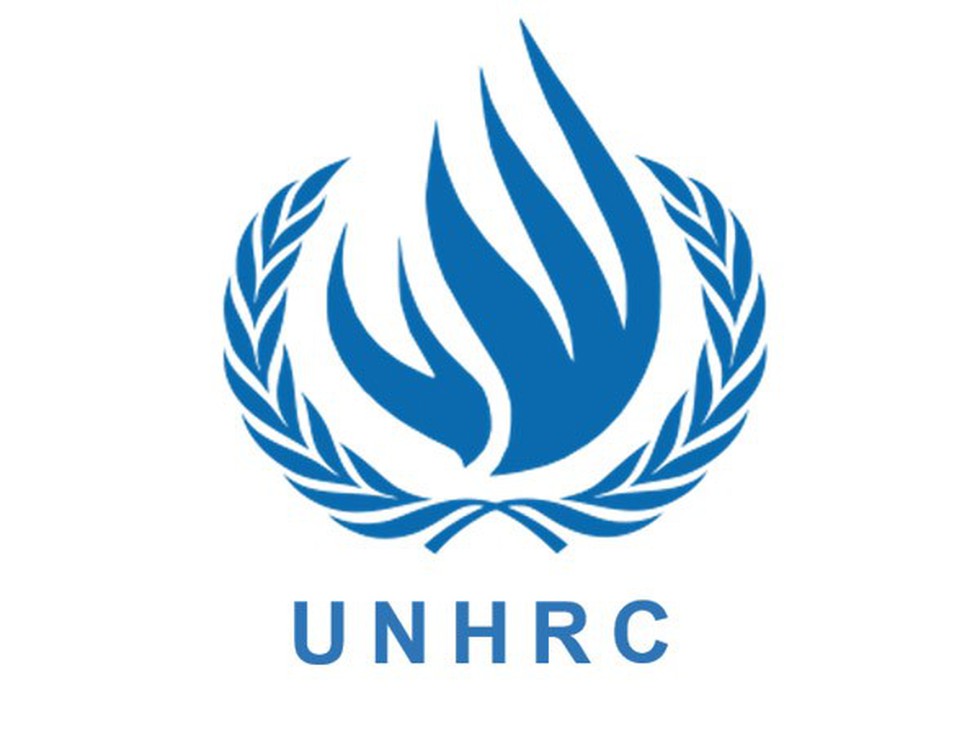About United Nations Human Rights Council (UNHRC):
- It is an inter-governmental body within the United Nations system, which is responsible for strengthening the promotion and protection of human rights around the world.
- Mandate: To promote “universal respect for the protection of all human rights and fundamental freedoms for all” and “address situations of violations of human rights, including gross and systematic violations, and make recommendations thereon.”
- Establishment: It was founded in 2006. It replaced the former United Nations Commission on Human Rights (UNCHR).
- Functions:
- It investigates allegations of breaches of human rights in UN member states.
- It addresses important human rights issues such as freedom of expression, women's rights, LGBT rights, and the rights of racial and ethnic minorities.
- The UNHRC works closely with the Office of the High Commissioner for Human Rights (OHCHR).
- Membership:
- The Council is made up of 47 Member States, which are elected by UN General Assembly through direct and secret ballot.
- The Council's Membership is based on equitable geographical distribution. African and Asia-Pacific states have 13 seats each, Latin American and Caribbean states have 8 seats, Western European and other states have 7 seats, and Eastern European states have 6 seats.
- Members of the Council serve for a period of three years and are not eligible for immediate re-election after serving two consecutive terms.
